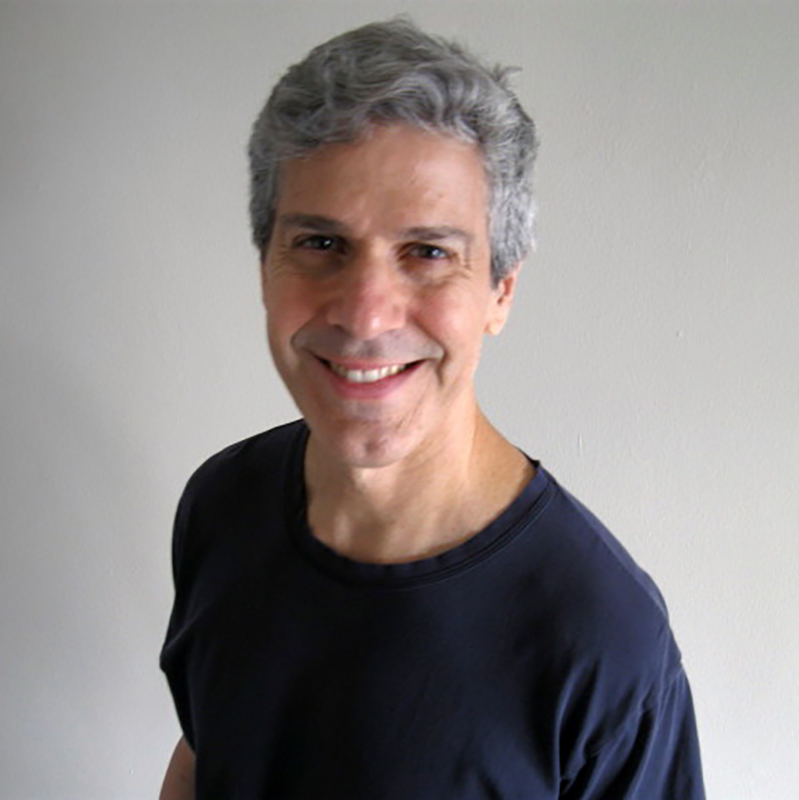Fernando Rios

Associate Professor, Ethnomusicology
Affiliate Faculty, Latin American and Caribbean Studies Center
Musicology & Ethnomusicology
frios@umd.edu
3110E The Clarice Smith Performing Arts Center
Get Directions
Education
Ph.D., Ethnomusicology, University of Illinois at Urbana-Champaign
Research Expertise
Latin America
Musicology & Ethnomusicology
politics
Appointed Fall 2010
In his research and teaching, ethnomusicologist Fernando Rios examines how musical expressions engage with sociopolitical projects, from nation-building to protest movements. His first book, "Panpipes & Ponchos: Musical Folklorization and the Rise of the Andean Conjunto Tradition in La Paz, Bolivia" (Oxford University Press, 2020), illuminates how Bolivia’s preeminent “national music” ensemble tradition, the Andean conjunto (a type of urban folkloric group whose repertoire focuses on stylized versions of rural indigenous music), obtained this canonical status, revealing its complex links with nation-building ideologies and transnational artistic trends. A number of his other publications discuss related topics, including the articles that he wrote for the journals Ethnomusicology, Latin American Music Review and Ethnomusicology Forum. The cultural dimensions of nationalism also represent the subject of a graduate seminar that he regularly teaches, “Music and Nation-Building,” which uses case studies from various world areas and introduces students to the work of key figures in the interdisciplinary field of nationalism studies.
Reflecting his fascination with the rich diversity of Latin American and US Latino/a folkloric, indigenous and popular music, he offers the area study courses “Mexican and Mexican-American Music,” “Music of Bolivia, Peru and Ecuador,” and “Music of Latino/a Communities in the US,” while prior to his appointment here, he taught a course on the music of the Hispanic Caribbean (i.e., Cuba, Puerto Rico and the Dominican Republic) at another university. In the near future, he plans to develop a course on the music of Central America (concentrating on El Salvador, Nicaragua, Guatemala and Panama) and Central American neighborhoods in the US.
Rios’s current book project examines how Latino (predominantly Salvadoran) and non-Latino musicians fostered support for the US-Central American Peace and Solidarity Movement (1980-1992) in Los Angeles, Washington D.C., and various other sites. This new research project, which examines the particularities of the Salvadoran variant of Latin American nueva canción (new song), builds on his long-standing interest in socially progressive artistic movements.
As his research and teaching interests inform and complement each other, he has recently created a graduate seminar that explores the musical dynamics of social movements in the US context and abroad, “Music and Social Movements,” and for the undergraduate general-education course “The Impact of Music on Life,” has added extended sections on the timely subjects of “Music and Social Protest/Commentary,” and “Music and Immigrant or ‘Ethnic’ Identity in the US.”
For ethnomusicology graduate students, besides offering the seminars and area study courses already mentioned, every spring semester he teaches “The Anthropology of Music,” which elucidates how the theoretical paradigms of socio-cultural anthropology have shaped key directions in ethnomusicological research among US-based scholars from the 1960s onward.
An active member of the Society for Ethnomusicology (SEM), Rios has presented numerous papers at the annual national conference, and often chaired and organized panels. He has also been elected to the SEM Council, held the chair position for the Latin American and Caribbean Section of SEM (LACSEM) and served as vice-president for the Mid-Atlantic Chapter (MACSEM). Currently, he sits on the editorial board for the journal Ethnomusicology.
Research Expertise: Latin American and US Latino/a music (including folkloric, indigenous and popular music styles); music and political movements; folklorization; nationalism; globalization
Courses
MUSC 210 The Impact of Music on Life
MUSC 438D Music of Bolivia, Ecuador and Peru
MUSC 438L Music of Latino/a Communities in the US
MUSC 438M Mexican and Mexican-American Music
MUSC 632 The Anthropology of Music
MUSC 679A Readings in Latin American and Latino/a Music
MUSC 679G Music and Globalization
MUSC 679M Music and Social Movements
MUSC 679N Music and Nation-Building
MUSC 679P Music and Leftist Political Movements in the Americas
MUSC 679X Music and Activism

